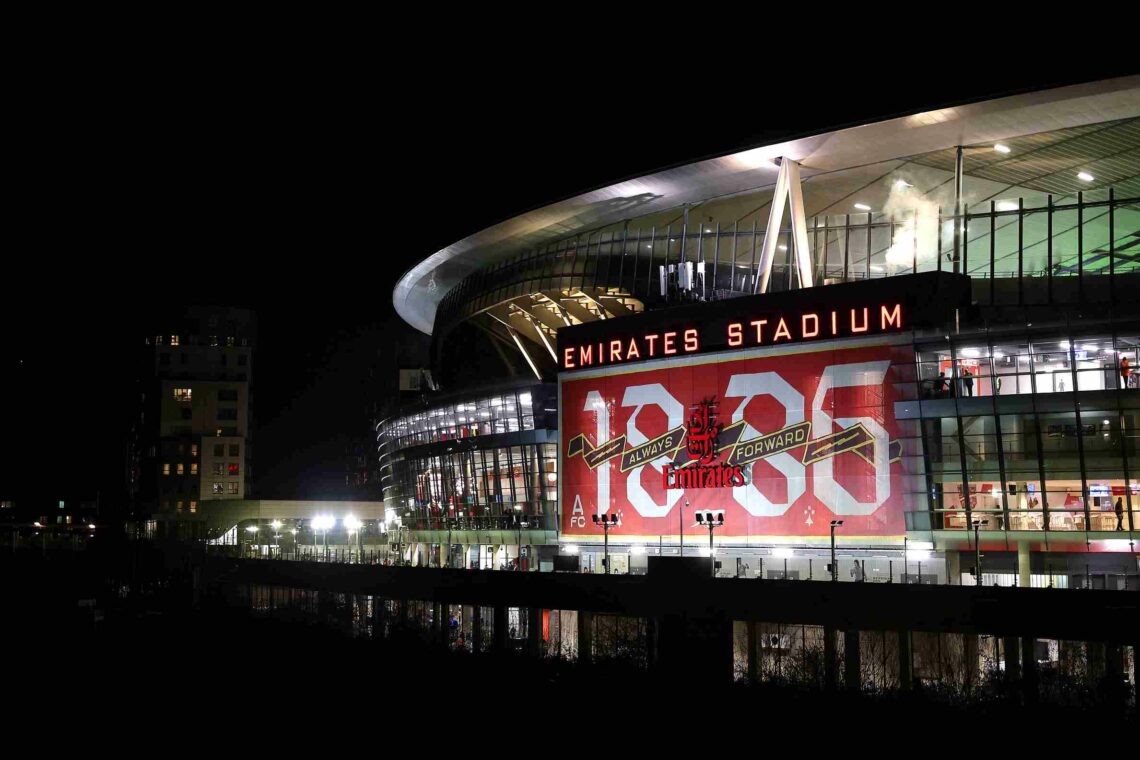Arsenal Women’s controversial 1-0 defeat to Chelsea laid bare critical issues that Renee Slegers must address if the team is to challenge for silverware this season. Guro Reiten’s late penalty and Katie McCabe’s red card overshadowed a performance that, while defensively solid for long stretches, exposed weaknesses that top-tier opponents will continue to exploit. With the title race slipping further away, Arsenal must learn from this setback and adjust quickly.
The defensive structure, which had been solid under Jonas Eidevall, has evolved into a more attack-minded approach under Slegers. While this has improved fluidity in possession, it has left gaps that elite teams like Chelsea ruthlessly target. The penalty call against Kim Little may have been contentious, but Arsenal cannot afford to let refereeing decisions define results. Their defensive fragility in transition must be addressed, particularly in high-pressure matches where small margins make the difference.
In midfield, Arsenal struggled for control. Against a physical Chelsea side, they lacked a dominant presence capable of dictating tempo. The absence of Lia Wälti was particularly felt, as her composure under pressure and ability to break up play might have helped Arsenal avoid the kind of counterattack that led to the decisive penalty. Kyra Cooney-Cross and Caldentey provide attacking flair, but their partnership lacks the balance needed for high-intensity matches. Arsenal must find a way to impose themselves in midfield if they are to compete with the league’s best.
The attack, meanwhile, remains inconsistent. Arsenal had promising moments but lacked a cutting edge, a familiar problem in recent weeks. Beth Mead, Alessia Russo, and Frida Maanum were unable to break down Chelsea’s defensive block with the necessary speed or precision. A clearer attacking strategy—one that moves away from predictability and emphasises dynamism in the final third—must be implemented.
Beyond tactics, Arsenal must also address their mental resilience. The response to McCabe’s red card was disjointed, and the team never truly looked like finding an equaliser despite, albeit limited, time remaining on the clock. To challenge at the highest level, Arsenal must cultivate the same level of belief and intensity that Chelsea has demonstrated in key matches this season.
Observing how the most successful teams adapt in similar situations can be invaluable. Just as 1Win can highlight key trends in performance, Arsenal must analyse what top teams are doing right—whether in defensive transitions, attacking efficiency, or in-game management. The ability to learn from such insights could prove decisive in turning setbacks into strengths.
The coming weeks will be defining. A Subway Cup semi-final against Manchester City and a Women’s FA Cup tie against London City Lionesses provide immediate opportunities for a response. If Arsenal are to remain serious contenders, they must turn this defeat into a learning experience—because in this league, the margins for error are razor-thin.
